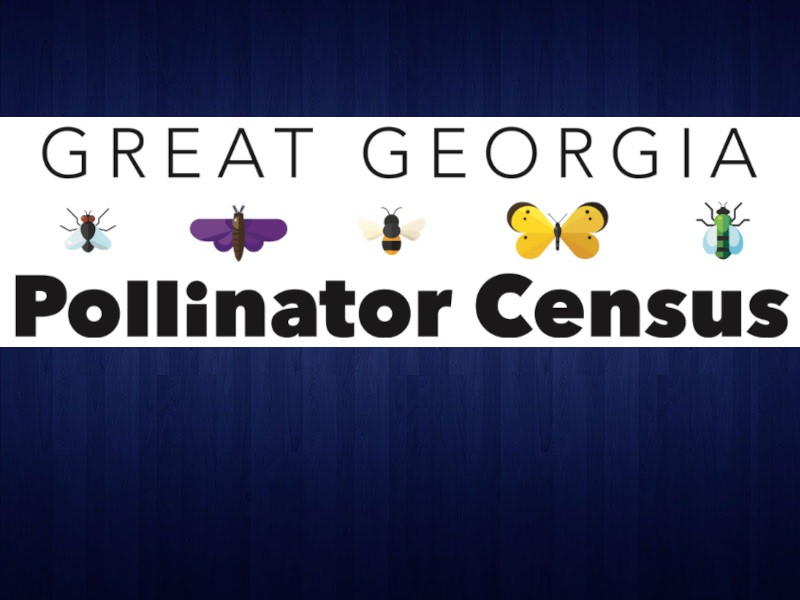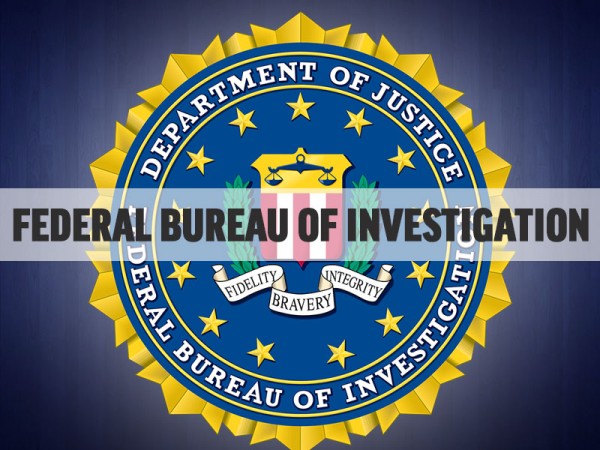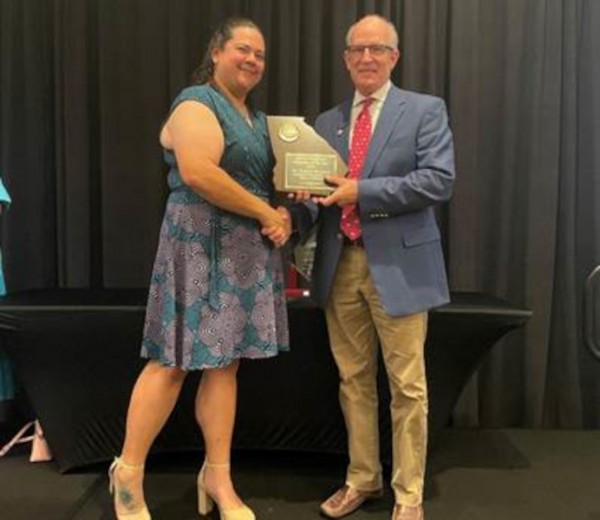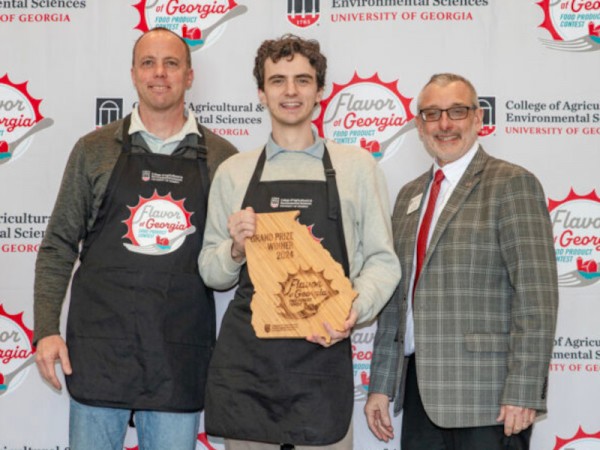Georgia citizens of all ages can soon volunteer their time and collect pollinator population data as part of the annual Great Georgia Pollinator Census.
This is the third year for the census, which is coordinated by the University of Georgia Extension. Citizens can participate on August 20 and 21 in a variety of different ways.
Becky Griffin, the coordinator of the census and employee at the UGA Extension, said the easiest way to participate is by stepping into your own backyard.
“You go out to your garden, and you find a plant that’s showing some insect activity,” Griffin said. “You print off a count sheet from the website with a pencil … and you sit out there for 15 minutes, you’re looking for whatever insects land on that plant and you record them.”
Griffin said you do not have to be an entomologist to participate, as the counting sheet is divided into simple categories such as honeybee, wasp and butterfly. Once you complete the counting process, you can upload your data to the census website.
This data can help entomologists spot trends in pollinator populations in the state, according to Griffin.
“Even now, they are comparing counts that come from urban areas, versus rural areas,” Griffin said. “The data is already being used in economic pollination valuation studies because Georgia is a big agriculture state. A lot of the wonderful things that are grown here need pollinators.”
Those interested can also participate in census events across the state, including one at the University of North Georgia campus in Dahlonega on Friday afternoon. A full list of events is available on the census website here.
Lastly, Griffin said the census can be used as a hands-on learning experience for those in a classroom setting. Teachers can have their students collect data and learn more about pollinators throughout the counting process. Ideas for teachers are available here.
Bringing the census into a classroom setting aids in the second goal of the census: educating the public on pollinators.
“To me, getting people educated about the importance and the diversity of these pollinators, while generating data that is useful to scientists and researchers means that I have a really good time with this project,” Griffin said.
Griffin said anyone who gains a newfound interest in pollinators or insects after the census should connect with their local UGA Extension office, as they have local programming throughout the year.

















